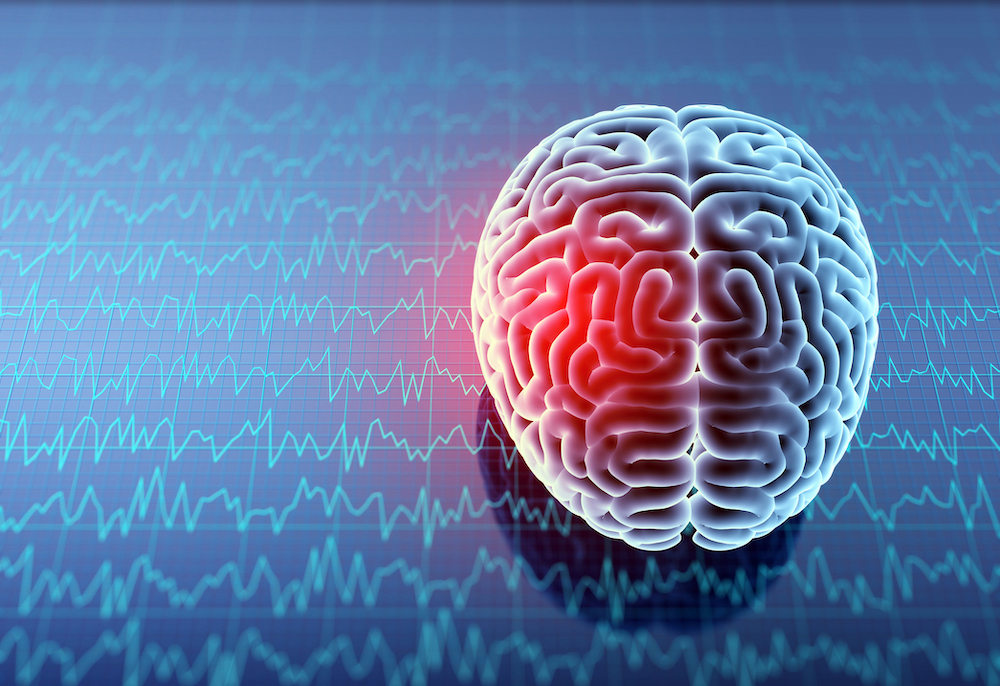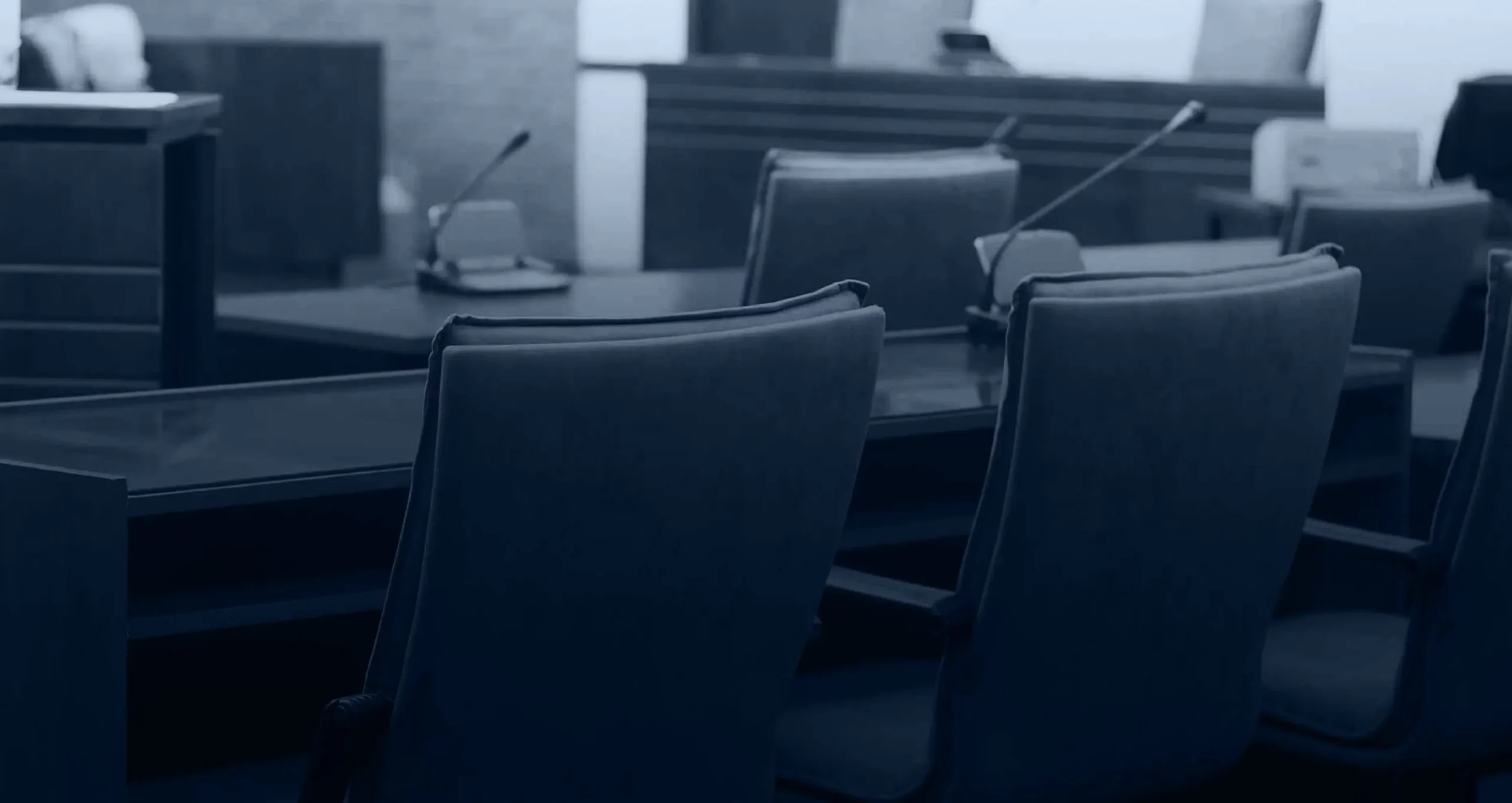Concussions can cause a range of symptoms. These symptoms can affect you physically, mentally, or even emotionally. They can include confusion, angry outbursts, and headaches.
These symptoms result from physical and chemical changes in your brain after an injury. As your brain swells, new symptoms can appear, worsen, or disappear. These delayed symptoms could evolve over the hours or days after you suffered the original injury.
Causes of Concussions
Concussions happen when the pressure of the cerebrospinal fluid (CSF) damages brain cells. The CSF surrounds the brain and cushions it from hitting the inside surface of your skull. But to do this, it must exert fluid pressure on the brain when it tries to move inside your head.
The buildup of fluid pressure in the CSF happens primarily due to three types of trauma:
Head Impact
An impact to the head causes your brain to shift inside your skull toward the point of impact. The pressure from the CSF builds up between the brain and the surface of the skull to prevent the brain from getting bruised. The pressure of the CSF damages neurons and causes a concussion.
These injuries can happen anytime your head hits an object or vice versa. Therefore, you could suffer a concussion when a vehicle knocks you to the ground in a motorcycle accident. This concussion could happen even if you wore a helmet since the force of impact on your helmet could cause your brain to shift.
Rough Shaking
The word “concussion” comes from a Latin word that means “to shake.” When an accident causes your head to whip around, your brain can suffer a concussion injury. This injury happens even if you do not hit your head on anything.
A common cause of these types of concussion injuries comes from car accidents. During a collision, your head is unrestrained even if you wear a seat belt. As a result, your head can whip forward, backward, or sideways, depending on the direction of the collision. As your head whips around, your brain gets jostled inside the CSF, producing a concussion.
Explosions
Explosions produce a blast wave of pressurized air. Sometimes, this wave is so strong it can squeeze the air from your lungs. It can also pressurize your CSF, damaging the neurons.
Blast-related concussions happen in service members. But they can also occur in workplace accidents involving explosives or gas leaks. Professionals who work around explosives are particularly prone to blast-related concussions. Workers in mining, oil and gas exploration, building demolition, and other fields that use explosives can suffer a blast-type concussion.
Common Concussion Symptoms
Your brain controls every system in your body. This includes regulating autonomous systems, like blood pressure and temperature control, as well as motor systems, which require conscious thought.
Your brain also gathers and interprets sensory signals from nerves in your skin, tongue, nose, eyes, and ears. Finally, your brain handles your emotions and cognition.
Since it’s responsible for so much, when your brain gets disrupted by a concussion, you could experience symptoms involving one or more of these areas.
Some common physical symptoms of a concussion include:
- Headache
- Nausea or dizziness
- Tinnitus
- Blurred vision
- Slurred speech
- Fatigue
- Clumsiness
Some common cognitive and mental symptoms include:
- Loss of consciousness
- Confusion
- Foggy thinking
- Memory loss
- Difficulty concentrating
Examples of emotional or mood symptoms you might experience include:
- Outbursts of anger or sadness
- Hopelessness
- Anxiety and fear
- Panic attacks
- Paranoia
These symptoms can appear immediately after the injury. They may also appear hours or even days after your accident.
Reasons Concussion Symptoms May Be Delayed
Sometimes, concussion symptoms only appear to have a delayed onset. Some symptoms, like a headache or losing consciousness, might overwhelm your senses, and you might not notice the ringing in your ears or your memory loss. Once certain symptoms begin to subside, you might notice other symptoms.
But in many cases, the onset of many symptoms occurs sometime after the injury. Some concussion symptoms occur because the neurons responsible for a particular brain function get damaged.
For example, you might experience nausea, dizziness, and tinnitus because you damaged the portion of your brain responsible for processing sound and balance signals from your ears. Immediately after the injury, this section of your brain might function correctly. But over time, the damage to the neurons might cause them to malfunction.
The main reason for delayed concussion symptoms is the body’s response to tissue damage. When you suffer an injury, your body triggers inflammation. This response is designed to trap microorganisms with swelling and kill them with a fever.
The brain, however, is already protected from microorganisms, and most concussions do not produce open wounds. Thus, the inflammatory response does much more harm than good.
As your brain swells, blood flow gets restricted. Your brain cells cannot function at their peak because the lack of blood flow deprives them of the necessary oxygen. Worse yet, fever in the brain is known to cause headaches, delirium, and confusion.
Thus, as your brain undergoes inflammation after your injury, you will have new symptoms appear. Also, your existing symptoms might worsen, improve, or disappear.
Liability For Delayed Concussion Symptoms
When someone causes a concussion through their negligent or intentional actions, they bear liability for any resulting losses. These losses can arise from any injury or symptom caused by the at-fault party’s actions.
Even though many of the symptoms you experience after a concussion occur due to brain inflammation, you can still trace their cause to the at-fault party’s actions. Importantly, you do not need to show that the at-fault party intended or foresaw those effects. You only need to show that their actions could reasonably cause your injury symptoms.
If you believe the symptoms you have experienced might relate to an earlier concussion, contact a personal injury lawyer to discuss whether you can pursue a claim against the at-fault party.
Contact the Chicago Car Accident Law Firm of Zayed Law Offices Personal Injury Attorneys for Help Today
For more information, please contact the experienced Chicago car accident lawyers at Zayed Law Offices Personal Injury Attorneys today. We offer free consultations.
We proudly serve Cook County, Will County, Kendall County, and its surrounding areas:
Zayed Law Offices Personal Injury Attorneys – Chicago Office
10 S La Salle St STE 1230, Chicago, IL 60603
(312) 726-1616
Zayed Law Offices Personal Injury Attorneys – Joliet Office
195 Springfield Ave, Joliet, IL 60435
(815) 726-1616






